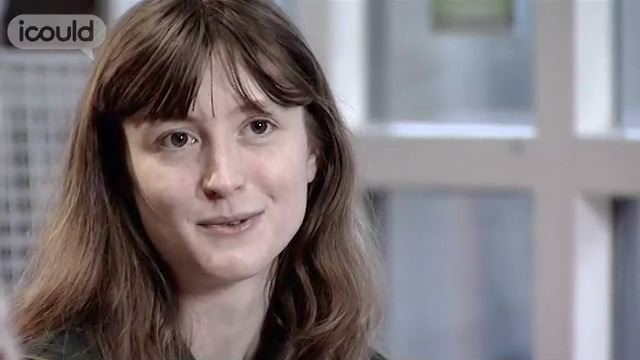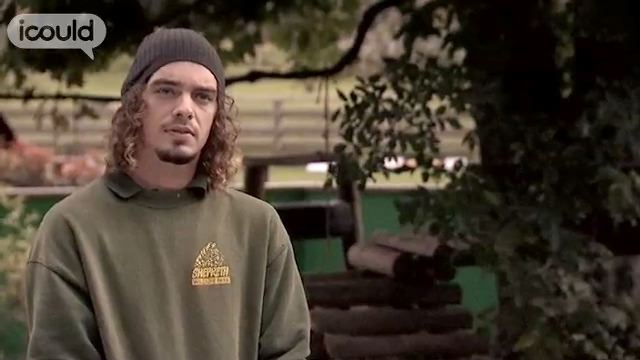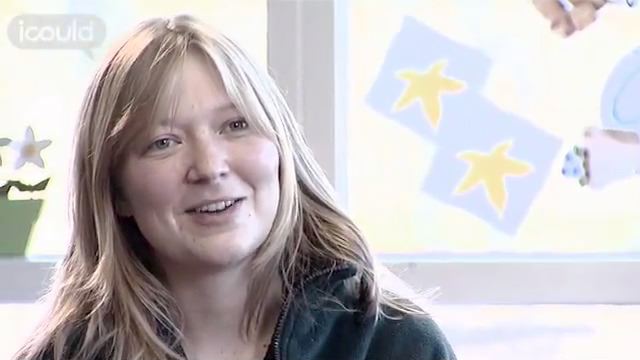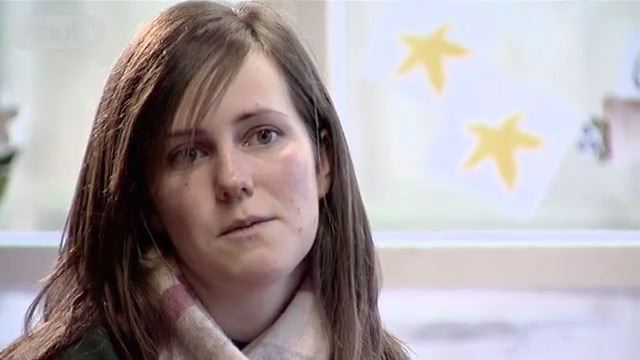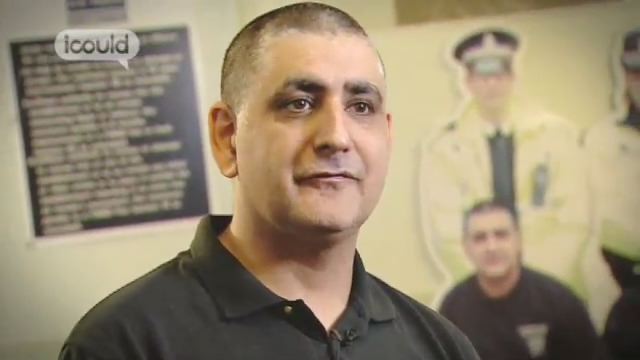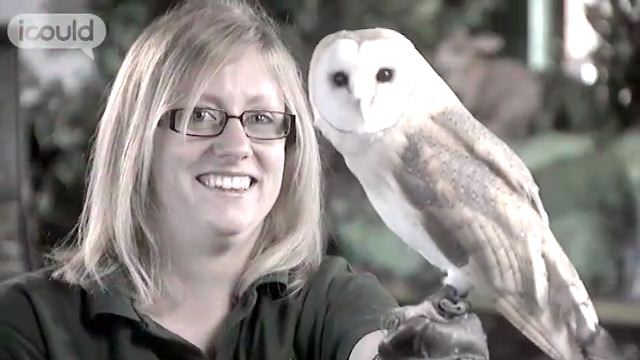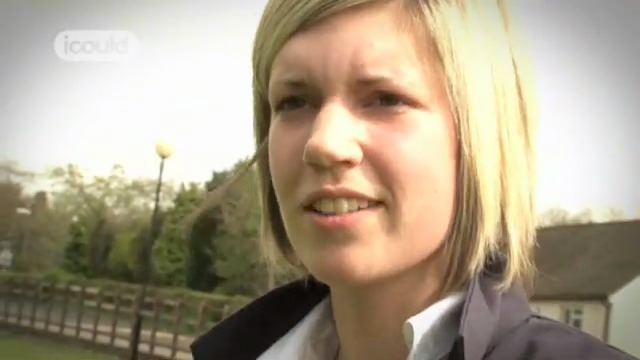Veterinary Nurse
Wood Green Animal Shelters
Vicky G
00:00:03 My name’s Victoria Gurney and my job title is Qualified Veterinary Nurse. On a typical day in my job, I would admit outpatients and deal with them if they were having a surgical procedure. I’d give them a premedication once the vet had worked out what they needed. I would then monitor their anaesthetic throughout the procedure, maybe monitoring them also on recovery and then discharge them in the afternoon. I may also see other outpatients and deal with stuff like vaccination advice and worming and flea control, microchip patients that come in as well. So quite a range of different stuff during the day.
00:00:43 When I was at school, I always enjoyed doing stuff like drama although I knew it wasn’t going to help me in my future career, I decided that it was something that I really enjoyed doing. I also enjoyed history but I wasn’t very good at sports and all sort of running around physical stuff. I’ve always wanted to be a veterinary nurse from the age of seven. We got a new dog and I told my parents there and then that that was what I was going to do.
00:01:08 My old dog had a major haemorrhage when I was actually taking my GCSEs and so it was quite stressful during that, but it made me all the more determined that that was what I wanted to do. Because seeing the veterinary care team make him, you know, get better and actually survive that major haemorrhage made me think that yeah, I wanted to do that and I wanted to be able to deal with the public and make them as happy as they did with us and our family, so.
00:01:32 When I left school, I’d already been working as a volunteer at an animal shelter for about four years to gain experience that I knew that I’d need. So I then sort of, from, straight from school whilst doing my A level went into full time work at the animal shelter before eventually applying to become an auxiliary nurse at the surgery department.
00:01:53 To become a veterinary nurse, you need five A to Cs at GCSE including maths and English. However you can sometimes get around that if you haven’t got the grades and do sort of the top up course and get around it that way. But yeah, I’d managed to achieve those so it took me two and a half years to go from starting my training to actually being a qualified veterinary nurse.
00:02:17 When I first started in the surgery department, I definitely had doubts about whether it was what I wanted to do or not just because it is such a busy area and because there’s so much to learn, and I just thought there’s no way that I’m ever going to understand what they’re talking about, you know, when they’re all talking to each other about different conditions and it’s like they’re speaking a completely different language. So it takes about six months and for the first couple of weeks, I was convinced that I’d, you know, wasted all my plans and that what I’d wanted to do for years wasn’t going to happen for me.
00:02:47 And then slowly I started to actually realise that I could understand what they were talking about and I had some great staff around me that helped me out and, you know, made me realise that actually it was going to be alright if I stuck at it.
00:03:00 I occasionally do think that it’s a shame I didn’t go to university. I was adamant at the time that I didn’t want to, but I knew what I wanted to do and was going to go straight into it. However now when I look back and when I chat to people that I went to school with that went to uni, I find that they all had a great time there and obviously I went straight into full time work, so I thought that I missed out on perhaps a little bit of the fun as well as getting the extra qualifications that might help me in the future.
00:03:25 The things that I like doing outside work include watching films, listening to music and meeting up with friends. I also enjoy going to the grand prix, Formula 1 grand prix and have gone to the British Grand Prix now for about the last six years, so I enjoy doing that as well.
00:03:42 In five years time, I hope to be still in veterinary nursing. I don’t know whether I’ll still be in the animal shelter. I do definitely enjoy the job at the animal shelter but, because I’ve never experienced private practice, I wonder if there’s, you know, something that would be missing if I didn’t ever go into that. But having said that, I’m in no hurry to leave the job that I love and that I’m in at the moment.
Vicky G is a Veterinary Nurse at Wood Green Animal Shelters. It’s something she’d always wanted to do. She wondered whether she’d made the right decision when she started in the surgery department, because there was so much going on that she didn’t grasp. “It was like they’re speaking a completely different language.”
More information about Nursing auxiliaries and assistants
The UK average salary is £29,813
There are 37.5 hours in the average working week
The UK workforce is 47% female and 53% male
Future employment
- Performs basic clinical tasks such as taking patients’ temperature and pulse, weighing and measuring, performing urine tests and extracting blood samples
- Prepares patient for examination and treatment
- Distributes and serves food, assists patients in feeding and prepares snacks and hot drinks
- Assists patients in washing, dressing, toiletry activities and general mobility
- Changes bed linen, makes beds and tidies wards
